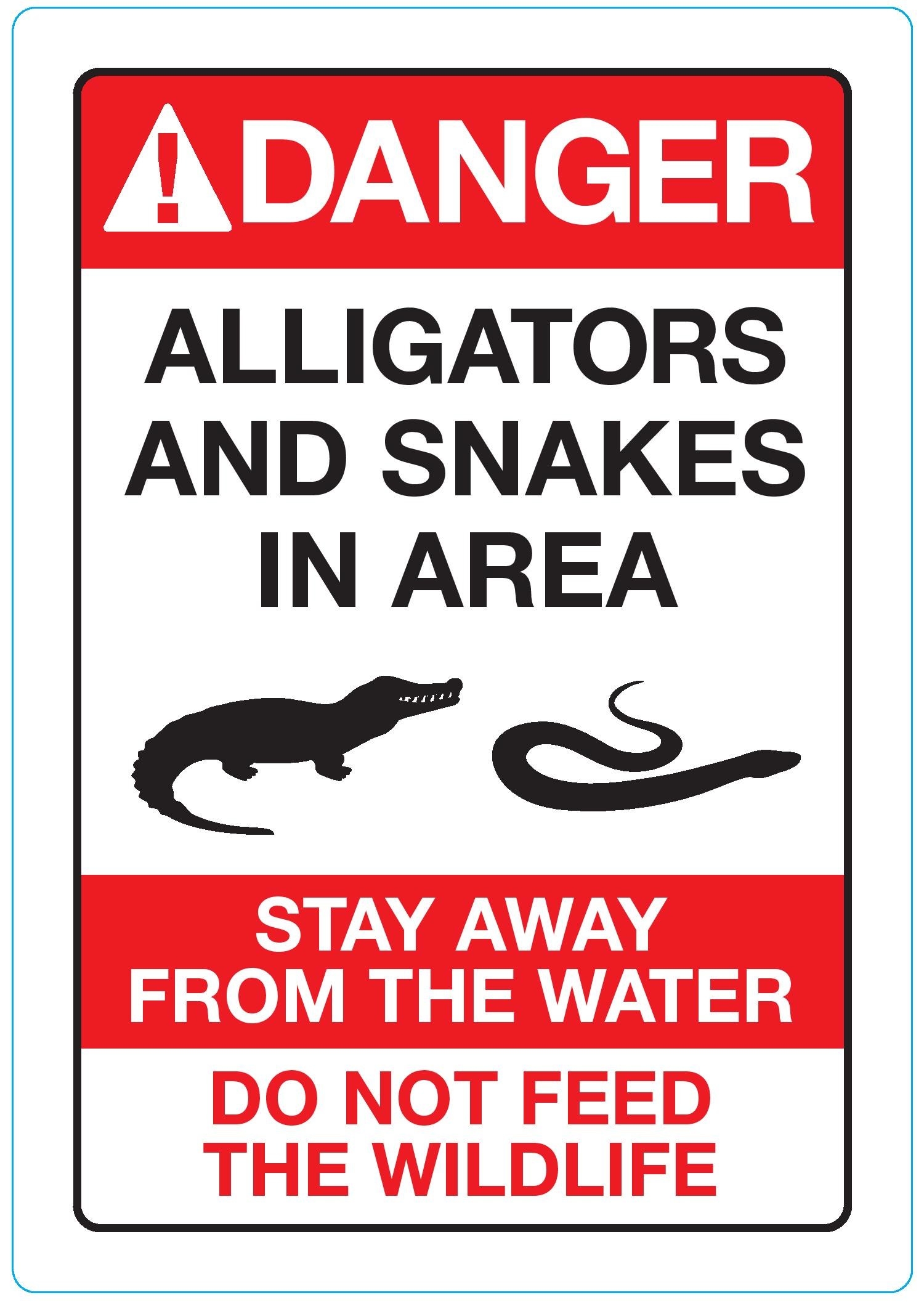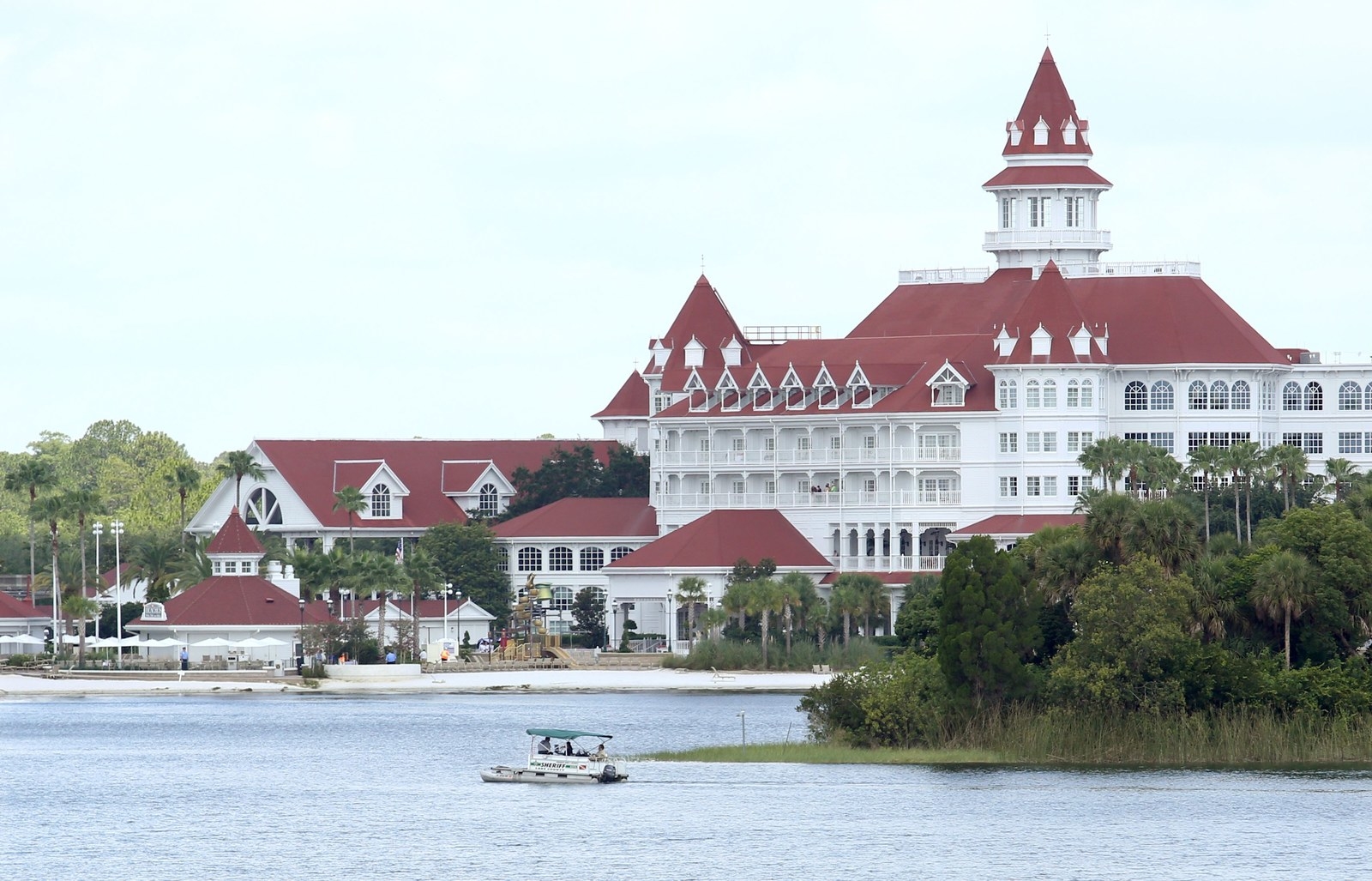
An alligator may have mistaken a toddler killed at Walt Disney World in June for typical small prey such as an opossum or raccoon, investigators said in a report released on Monday.
The attack that killed 2-year-old Lane Graves was completely unprovoked, according to the report by Florida Fish and Wildlife Conservation Commission and the Orange County Sheriff's Office. It was the first fatal unprovoked alligator attack in the 66 years that records have been kept in Orange County, Florida.
The report offered new details on the toddler's death at the shore of a man-made lagoon at Disney's Grand Floridian Resort, where his family was on vacation. The Graves family has said they do not plan to sue Walt Disney World, and the resort has since installed signs warning of the presence of alligators in the area.
"Our agency will continue to work to keep families informed on how they can safely enjoy all that Florida has to offer," Fish and Wildlife Commission director Nick Wiley said in a statement.

According to the report, three guests at the hotel said they spotted an alligator in the area between 7:30 p.m. and 8:15 p.m. on June 15. One man said he took a photo and told a Disney employee. Later, when he saw the Graves children playing at the water, he said he went to warn them. Then he heard screams.
The Graves family had gone out around 8:30 p.m. to watch beach screening of Zootopia. Other children were also playing in the area. Lane and his sister went to the lagoon's edge with buckets to get water for their sandcastles. The 2-year-old bent down, and his father, who was a few feet away, said he heard a splash.
A 7-foot-long alligator seized the boy by the head and neck as he was bending down in the inches deep water. One tooth punctured his skull, and another punctured his neck.

"It grabbed him and pulled him back in the water," Matt Graves said.
The father then jumped into the water to grab the alligator and tried to pry open its mouth. Somehow, his leg was injured. Graves at one point was able to grab his son by the feet. Another man said Graves was punching the alligator, but it thrashed and submerged itself and the boy. Guests and employees saw the alligator resurface further out in the water.
Trappers would go on to capture and euthanize six alligators in the area, two of which were likely to have attacked Graves because of their size, where they were captured, and the fact their stomachs were empty. A bite comparison was inconclusive, though, and no animal DNA remained on the boy's body after it was recovered.
"While we cannot say with absolute certainty that the subject animal has been taken, we are confident that the evidence gathered shows it is very likely that one of the two females captured close to the attack location was the offending animal," the report said.

Since 1950, 17 unprovoked alligator bites have been recorded in Orange County. Given the boy's small size — he was 37 inches tall and weighed 30 pounds — it's likely the alligator considered him normal prey and attacked as it hunting normally in the shallow water, the report said. The fact that larger humans were nearby may not have dissuaded the alligator — it may have lived at the Disney resort and had a "diminished fear of people," the report said.
Earlier this month, workers at the resort began building a stone wall to separate the guest beach from the lagoon.
"There is nothing to suggest provocation on the part of the victim or defensive action by the animal such as a bite and release," the report said.
